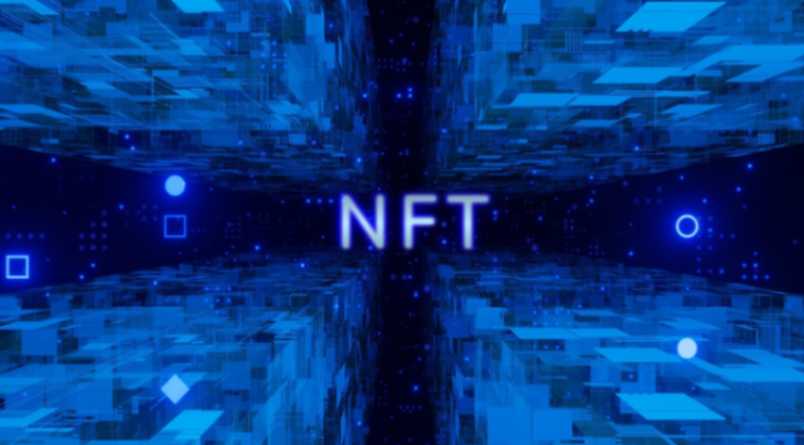In today’s fast-paced and increasingly digital world, verifying credentials and qualifications is more important than ever. Whether it’s in education, employment, or professional certification, ensuring the authenticity and accuracy of credentials is crucial. Enter Certidor, a groundbreaking platform designed to streamline and secure the process of credential verification. This article explores the features, benefits, and potential impact of Certidor on various sectors.
What is Certidor?
Certidor is an innovative digital platform that leverages blockchain technology to provide secure, tamper-proof credential verification. By creating a decentralized and transparent system, Certidor aims to eliminate the common challenges associated with traditional credential verification methods, such as fraud, inefficiency, and high costs. The platform is designed to be user-friendly and accessible to individuals, educational institutions, employers, and certification bodies.
Key Features of Certidor
1. Blockchain-Based Security
At the core of Certidor’s technology is blockchain, a decentralized digital ledger that records transactions across multiple computers in a way that ensures data integrity and security. By using blockchain, Certidor ensures that credentials are immutable and cannot be altered or tampered with once they are recorded. This provides a high level of trust and security for all parties involved in the verification process.
2. Easy Integration
Certidor is designed to integrate seamlessly with existing systems used by educational institutions, employers, and certification bodies. This compatibility makes it easy to adopt Certidor without the need for extensive modifications to current processes. The platform offers APIs and other integration tools to facilitate smooth and efficient data transfer.
3. Real-Time Verification
One of the standout features of Certidor is its ability to provide real-time verification of credentials. Users can instantly verify the authenticity of a credential by accessing the blockchain record, which significantly speeds up the verification process and reduces the risk of accepting fraudulent documents.
4. User-Friendly Interface
Certidor offers an intuitive and user-friendly interface that makes it easy for individuals and organizations to upload, manage, and verify credentials. The platform is designed to be accessible to users with varying levels of technical expertise, ensuring a smooth user experience.
5. Comprehensive Reporting and Analytics
Certidor provides detailed reporting and analytics tools that allow users to track and manage credential verification activities. These insights can help organizations identify trends, detect potential issues, and make informed decisions based on accurate data.
Benefits of Certidor
1. Enhanced Security and Trust
The use of blockchain technology ensures that credentials verified through Certidor are secure and trustworthy. This enhanced security reduces the risk of credential fraud and increases confidence in the verification process.
2. Increased Efficiency
Certidor streamlines the credential verification process, making it faster and more efficient. Real-time verification capabilities eliminate the delays associated with traditional methods, allowing organizations to make quicker and more informed decisions.
3. Cost Savings
By reducing the time and resources required for credential verification, Certidor helps organizations save money. The platform’s efficiency and automation capabilities lower administrative costs and minimize the need for manual verification processes.
4. Improved Accessibility
Certidor makes it easier for individuals to access and share their credentials. The platform allows users to store their verified credentials in a secure digital wallet, which can be easily shared with potential employers, educational institutions, and other relevant parties.
5. Greater Transparency
The decentralized nature of blockchain technology ensures that all transactions and records are transparent and easily auditable. This transparency fosters trust among all stakeholders and ensures that the verification process is fair and accountable.
Applications of Certidor
1. Education
Educational institutions can use Certidor to issue and verify academic credentials, such as diplomas, degrees, and certificates. This ensures that the credentials are authentic and cannot be altered or forged. Certidor also simplifies the process of sharing academic records with employers and other institutions.
2. Employment
Employers can leverage Certidor to verify the qualifications and certifications of potential hires. This reduces the risk of hiring candidates with fraudulent credentials and ensures that employees have the necessary skills and qualifications for their roles.
3. Professional Certification
Certification bodies can use Certidor to manage and verify professional certifications. This ensures that certified individuals have met the required standards and that their credentials are valid and up-to-date.
4. Licensing and Compliance
Regulatory bodies can utilize Certidor to verify licenses and ensure compliance with industry standards and regulations. This helps maintain the integrity of the licensing process and protects the public from unqualified practitioners.
The Impact of Certidor on Society
1. Reducing Credential Fraud
By providing a secure and tamper-proof verification system, Certidor helps combat credential fraud. This has significant implications for various sectors, including education, employment, and professional certification, where the authenticity of credentials is paramount.
2. Empowering Individuals
Certidor empowers individuals by giving them control over their credentials. Users can securely store and share their verified credentials, making it easier to prove their qualifications and access new opportunities.
3. Enhancing Global Mobility
Certidor’s digital and decentralized nature makes it ideal for facilitating global mobility. Individuals can easily verify and share their credentials across borders, making it easier to pursue education and employment opportunities in different countries.
4. Promoting Lifelong Learning
Certidor supports lifelong learning by providing a platform for individuals to continuously update and verify their credentials. This encourages ongoing professional development and ensures that skills and qualifications remain relevant in a rapidly changing job market.
Conclusion
Certidor represents a significant advancement in the field of credential verification, offering a secure, efficient, and transparent solution to the challenges posed by traditional methods. By leveraging blockchain technology, Certidor ensures the authenticity and integrity of credentials, fostering trust and confidence among all stakeholders. As the platform continues to gain traction, it has the potential to revolutionize credential verification across various sectors, empowering individuals and organizations alike. Whether in education, employment, professional certification, or licensing, Certidor is set to become an indispensable tool for the digital age.



Thanks for sharing. I read many of your blog posts, cool, your blog is very good.